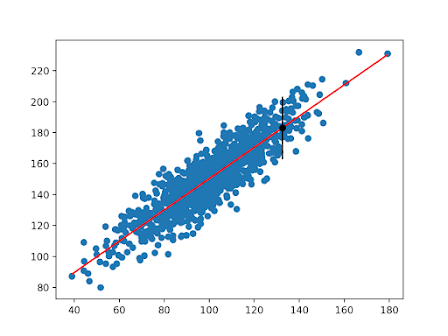What FMEA Is And Why It Is Important In Various Industries?

Failure Mode and Effects Analysis (FMEA) is a systematic approach to identifying and preventing potential failures before they occur. Various industries, including aerospace, automotive, and healthcare, use FMEA to prioritize risks and mitigate potential issues. FMEA helps organizations reduce costs, increase safety, and improve product quality. However, effective implementation of FMEA requires skilled personnel who understand its principles and methodology. This is where FMEA training comes in. FMEA training equips individuals and organizations with the knowledge and skills needed to conduct an effective FMEA analysis. Without proper FMEA training, its implementation may fall short, resulting in ineffective or inefficient risk management. In this article, we will discuss the importance of FMEA training in ensuring the effectiveness of FMEA implementation. Benefits of FMEA Training Empowering Individuals and Organizations · FME...



